Director Brad Furman often deals with themes of justice and injustice, and ‘City of Lies,’ the latest addition in his oeuvre, sees bad guys winning. Based on real events and acted with conviction by Johnny Depp and Forest Whitaker, ‘City of Lies’ is another indictment of racial tension in America, but before that, it questions the very credibility of truth itself and how we look at the world. As ‘City of Lies’ comes to an end, there remain more questions than answers. In a world where truth can be blacked out with a marker, you can’t expect any conclusions – only a version of reality fed to you by media. If the film has led you here, we know what you want to know. Without further ado, let us begin, then. SPOILERS AHEAD.
City of Lies Plot Synopsis
While Russell Poole’s suspension from the Los Angeles Police Department cuts him off from the network of lies and deception, he is left with nothing but dots that lead him to a bureaucratic labyrinth. A brave and diligent policeman in a world fraught with paradoxes – a world where good and bad sit on the same table to have coffee – Russell Poole is obsessed with the pursuit of truth. The murder of Christopher Wallace, a.k.a the Notorious B.I.G., has haunted him all his life. It is a case that has shattered his career, broken his marriage, and taken his son away from him.
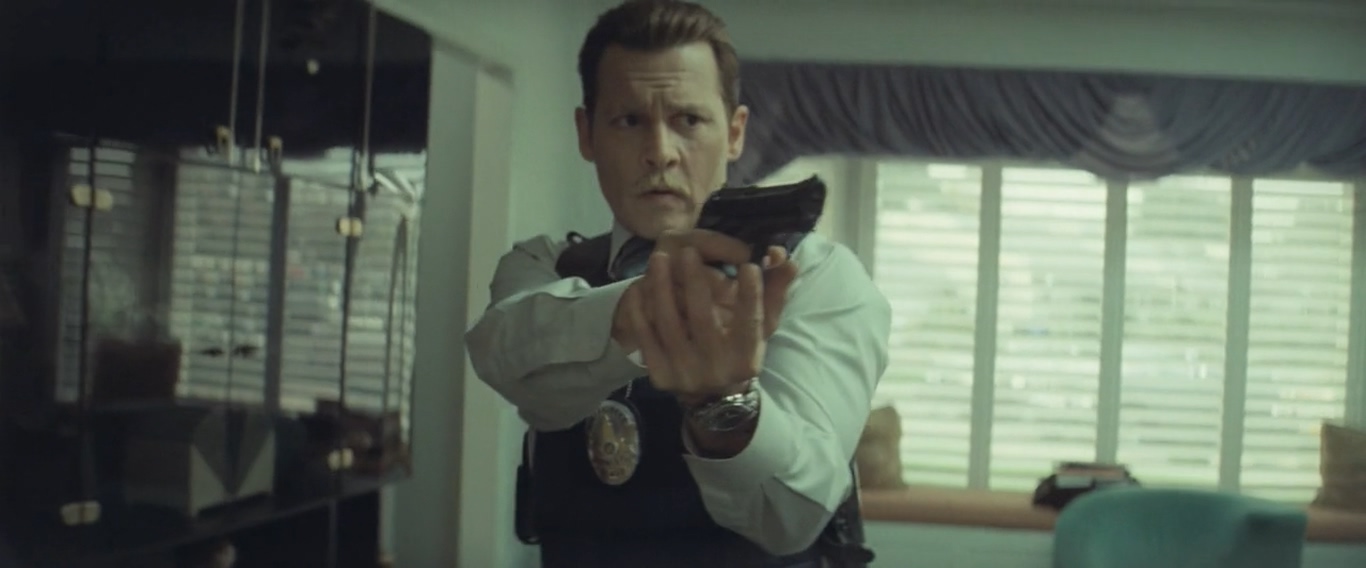
Left without family and friends, he sits at a corner of his room watching old media clips. When Los Angeles Times journalist Darius Jackson comes knocking at his door, he seems reluctant to cater to him, but he has been withholding the urge to disclose the truth for too long. Now, as he begins to revisit the cold case, we get glimpses into the darker side of recent American history. Russell tells Darius his theory behind the brutal murder of “Biggie Smalls,” but shall we ever know the truth? At the end of the film, Russell Poole dies, which marks the end of the tragic hero’s journey into the netherworld of the City of Angels. But Poole leaves in his wake a number of questions in the mind of the audience. Let us ramble on.
City of Lies Ending: Why was The Notorious B.I.G. Killed?
Now, I’m coming to the question assuming you know who the Notorious B.I.G. is, and if you don’t, you have probably been living under a rock. Boy, America has seen a lot of celebrity killings and a lot of racial killings, but in the intersection of the two lies the mystery behind the murder of the Notorious B.I.G., arguably one of the greatest rappers that ever lived. As the story of the street goes, the infamous mob boss Suge Knight had Biggie killed.
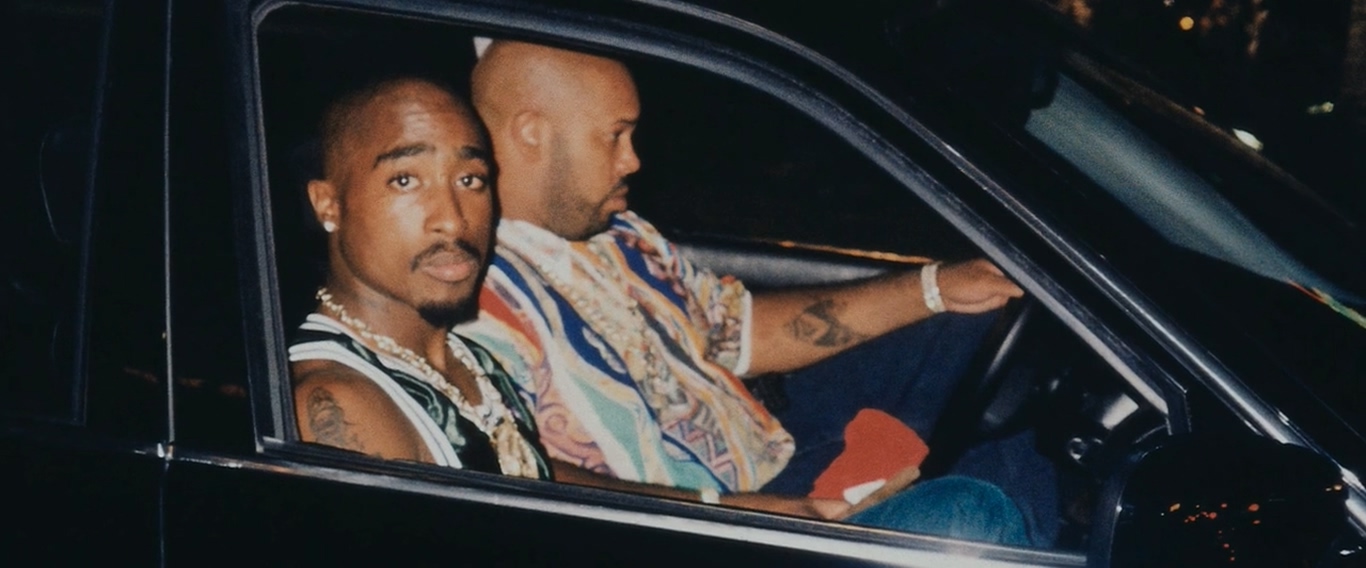
Suge started a record label called ‘Death Row Records,’ which had taken big artists like Snoop Dogg and Tupac Shakur under its wing. Following the death of Tupac Shakur, the East Coast-West Coast rivalry gets to a boiling point, and Suge arranges to kill the Notorious B.I.G. While Suge is spending his days in federal prison for another case, he is too influential a figure in the ranks of gang alliance Mob Piru Blood to do the job himself.
The investigation goes nowhere, as Suge himself is in prison and cannot be connected to the murder, and the truth gets lost in too many leads that lead nowhere. Poole’s theory is that there are corrupt police officers in the department who are involved in the murder. In flashbacks, we are taken back to the point of rupture. Biggie leaves a party escorted by guards, stops at a signal, and is shot dead from another car that swiftly drives by before police arrive at the crime scene. Six shots are fired, four penetrating Biggie’s body, and the fourth shot kills him.
Does Poole Solve the Case?
In a separate incident 9 days after the murder of the Notorious B.I.G., Officer Kevin Gaines is killed by Officer Frank Lyga, which opens up a labyrinth for detective Russell Poole. While at first glance a case of racial violence committed by Lyga, the investigators can connect Gaines to the Mob Piru. An informant within the gang tells Poole that gang member D-Mack called the shot, and the trigger was pulled by Amir Muhammad.
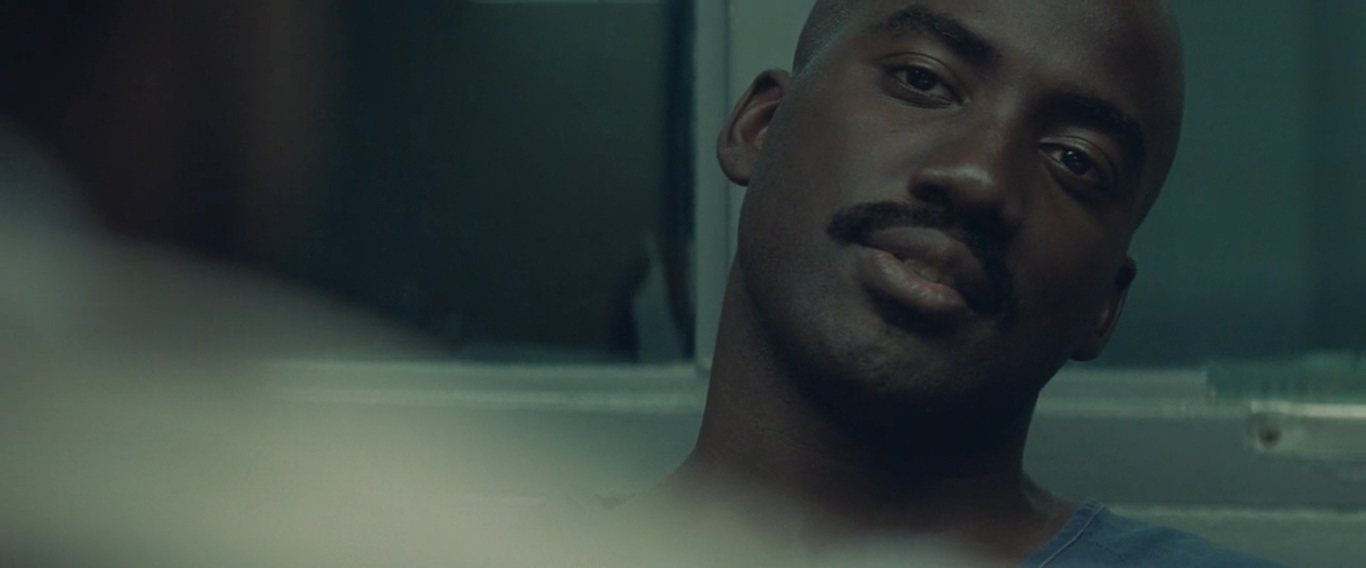
D-Mack is arrested in an armed robbery case, and he turns out to be another police officer with ties in the Mob. Walkie-talkies, Gecko 9mm bullets, and a shiny Impala SS are recovered from his house as evidence which can be connected to the assassination of Biggie. The Impala SS was seen in the crime spot by several witnesses, and forensics had confirmed that the bullets used in the murder were rare Gecko 9mm. After that, another dirty cop, Rafael Perez, who was dealing drugs on the side, is busted by Poole.
In the trial that follows, Rafael Perez cuts a deal with the law by uttering one single word – “Rampart.” Rampart becomes a police scandal that brings the corruption within the force out in the open, tainting the name of LAPD forever. However, there are minor glitches, such as the fact that Poole’s informant is a man called “Psycho Mike,” who has schizophrenia. Also, Greg Kading’s Wardell Fouse theory leads to another dead end. We get to know that Wardell Fouse, who was a knight for Mob Piru, died in 2003. Barring these seemingly weak attempts at diversion by the police, there is nothing that would prove Poole’s theory wrong. So, we can rightfully assume the credibility of Poole’s logical claim.
Why Does the Police Cover Up the Case?
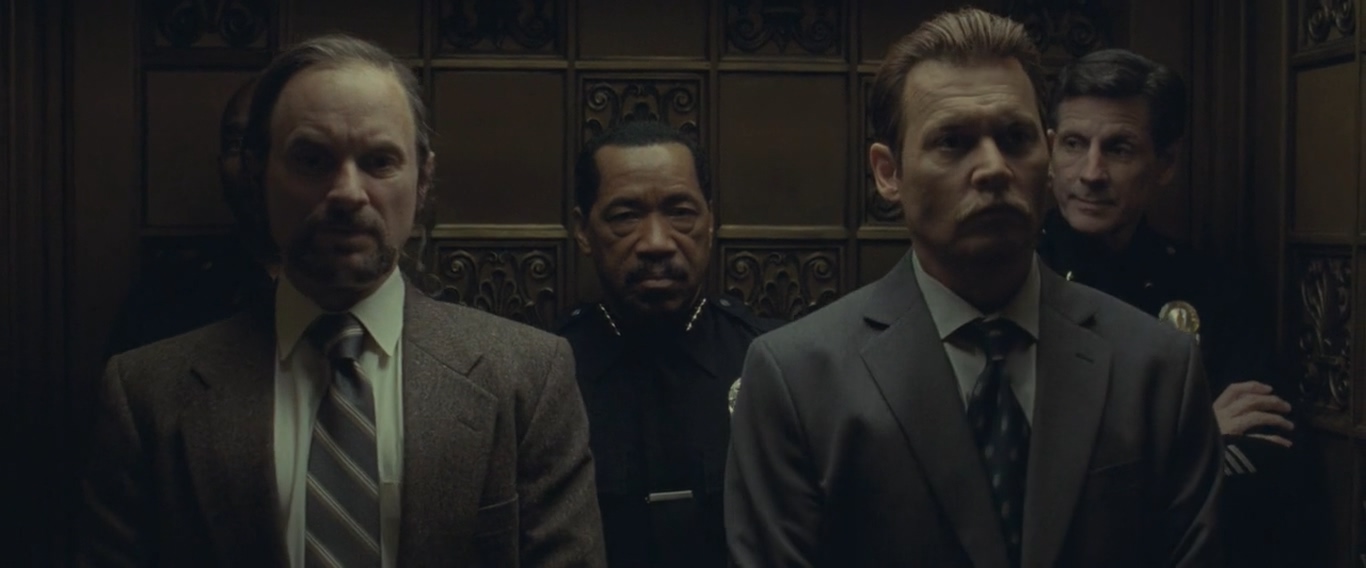
Following Poole’s whistleblowing, Christopher Wallace’s family sues the City of Los Angeles for a compensation of $500 million. As the heavy sum of money would incur a huge loss on the administration and would potentially bankrupt the city, the officers remain discreet about the allegations of corruption within the department. While they don’t close the case as inconclusive since that would raise too many eyebrows, they manage to keep it as an “ongoing investigation.” When Poole tries to bring the truth out in the open, he alienates himself from the police. The police do not want to disclose the murderer also because of the racial implications behind Poole’s theory. But sometimes, the truth emerges in plain sight.
Why Does Poole Visit the LA Homicide Department in the End?
While Poole does not get the permit to have D-Mack’s Chevrolet Impala SS checked by the forensics, Jackson finds out from the files of the Notorious B.I.G. case that the police has issued a warrant for the car after Poole’s exit from the office. Poole is convinced by Jackson to go to LAPD for retribution, or at least for compensation for all those years of defamation. Jackson urges Poole to stay on this case. When he reaches the precinct, the new detective pays his respect to Poole. However, he can’t do much about Poole’s claim. After all these years of frustration and degradation, this negligence becomes the final blow for Poole, and he dies of cardiac arrest. While Poole’s demise brings a turbulent era in the history of the Los Angeles Police Department to a close, the fractures in the body of law enforcement remain apparent in broad daylight.
Read More: Best Movies Based on Unsolved Mysteries

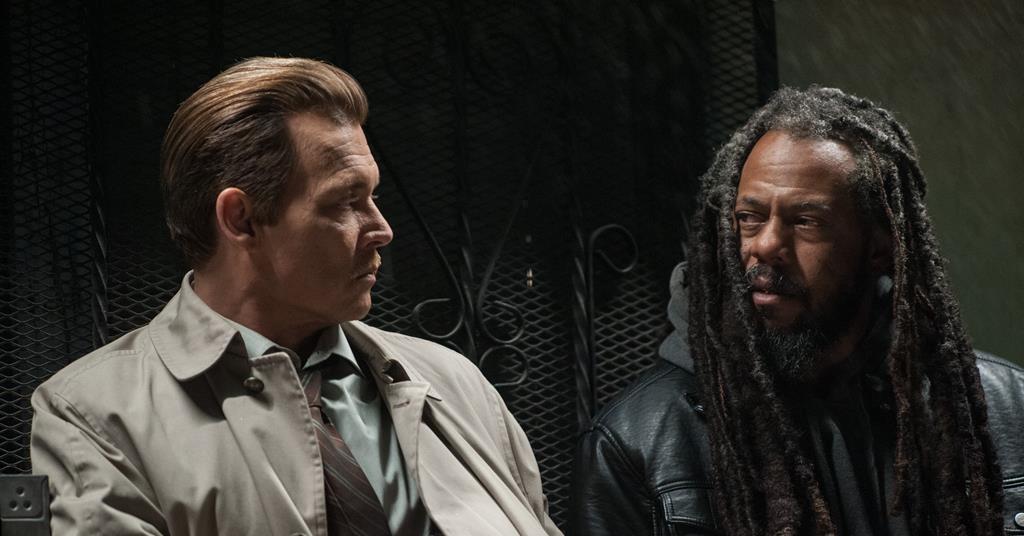
You must be logged in to post a comment.